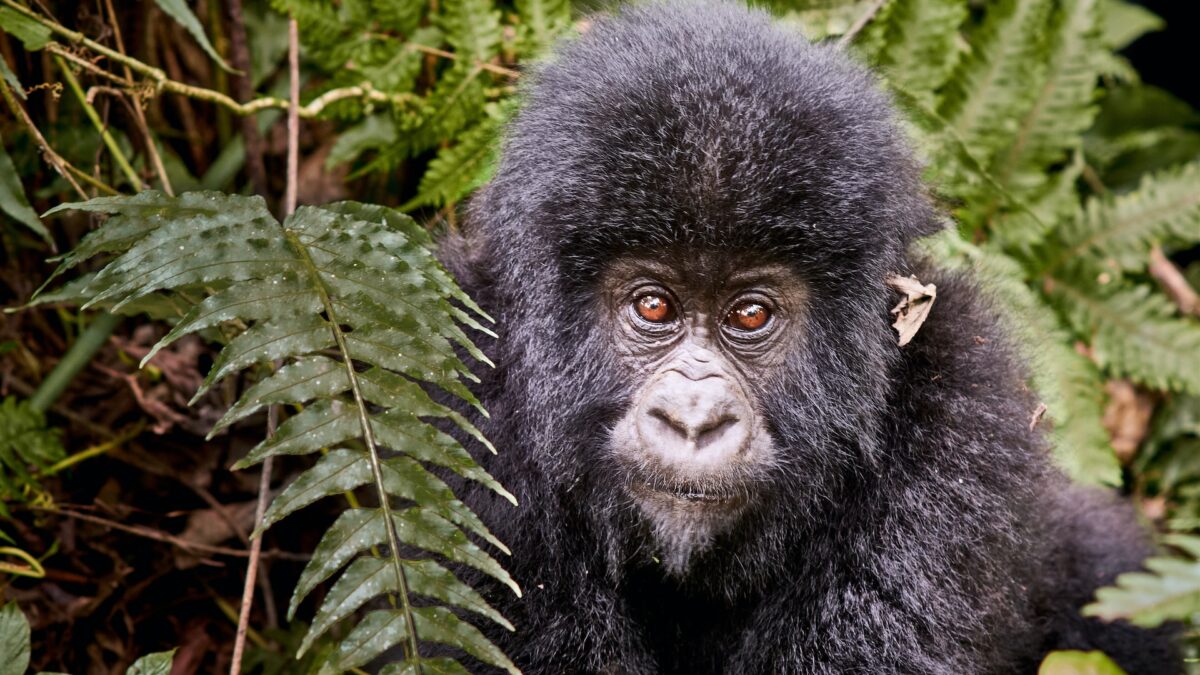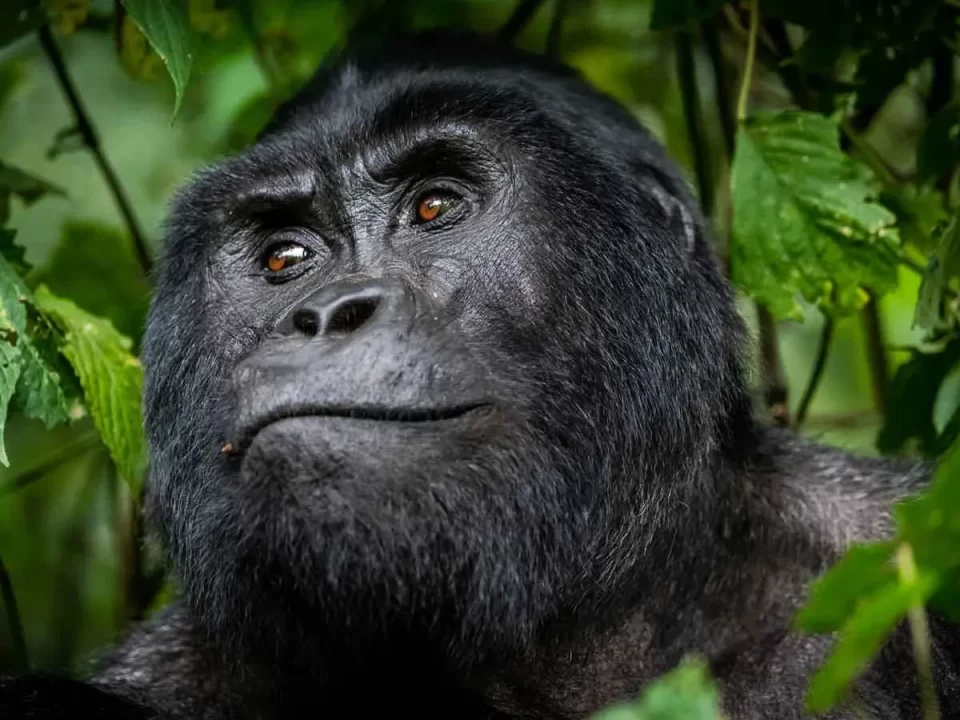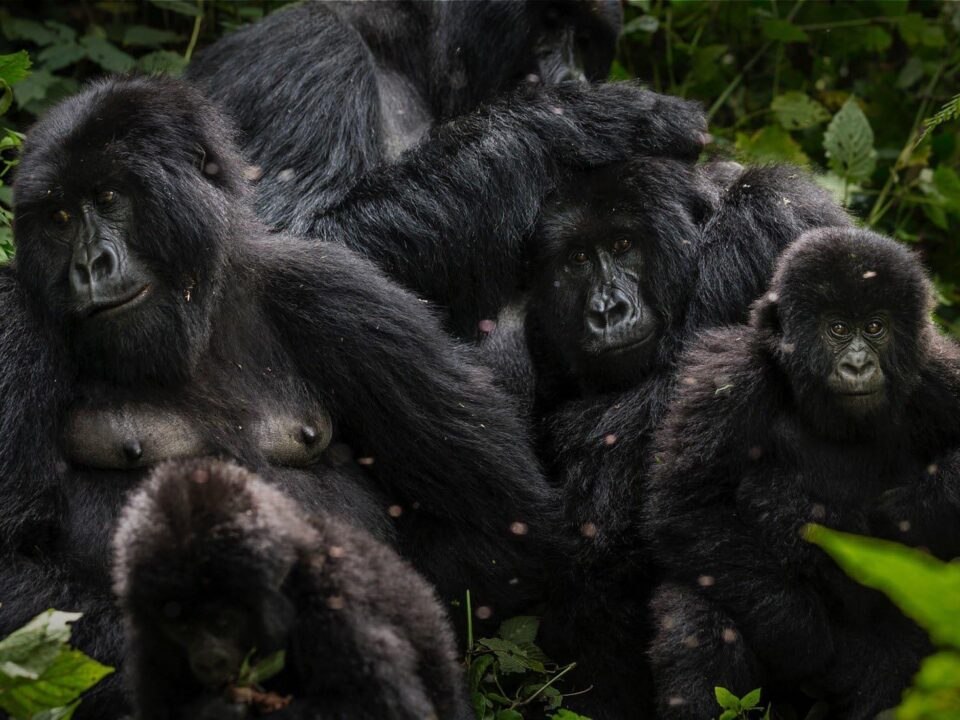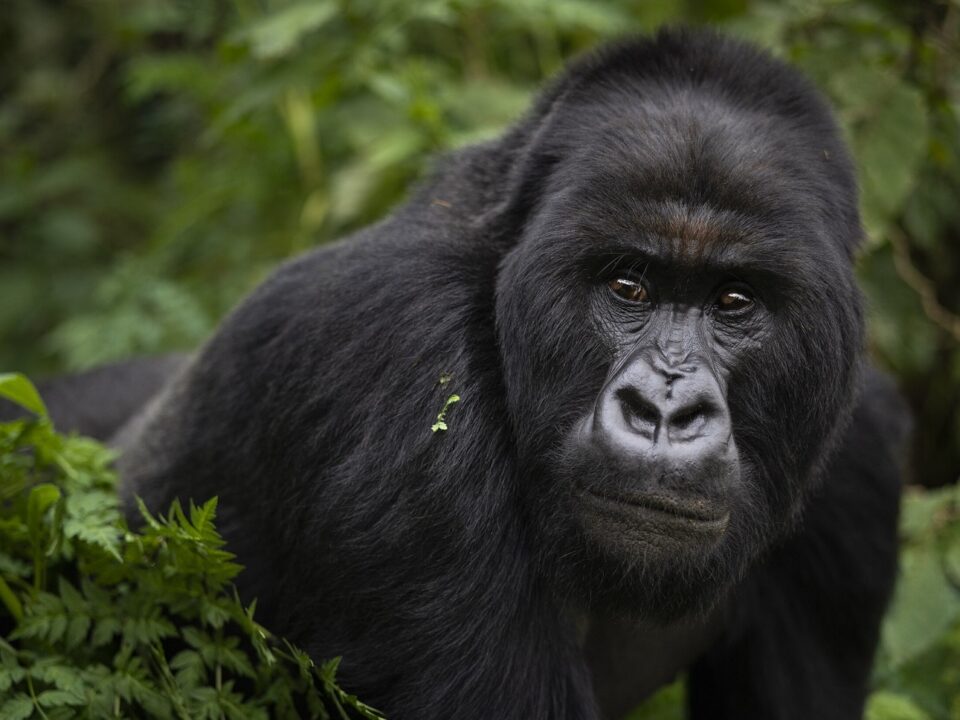Acquiring Virunga Gorilla Permits

Congo Gorilla Trekking Safari Tours
February 28, 2024
Safari Tours to Tarangire National Park in Tanzania
February 28, 2024Acquiring Virunga Gorilla Permits – Unveiling the Wonders of Gorilla Trekking in Congo – Affordable Gorilla Trekking Safaris
Acquiring Virunga Gorilla Permits — Embarking on the extraordinary adventure of Gorilla trekking in Virunga National Park requires obtaining a crucial document – the Gorilla permit. This permit serves as the gateway for travelers to partake in the once-in-a-lifetime experience of tracking Gorillas in the pristine African jungle of Virunga National Park. Nestled in the southern region of the Democratic Republic of Congo, Virunga National Park stands as the oldest protected area in Africa, dedicated to conserving and safeguarding the endangered mountain Gorillas.
For budget-conscious travelers seeking the thrill of tracking rare and endangered mountain Gorillas in Africa, Virunga National Park emerges as an excellent alternative. The allure lies not only in the awe-inspiring Gorilla tracking experience but also in the affordability of the Gorilla permit, distinguishing it as one of the most cost-effective options among Gorilla tracking destinations in Africa. The park shares its borders with East African countries like Rwanda and Uganda, enhancing its accessibility.
The Virunga Gorilla permit, priced at USD 400 per person, stands out as one of the most economical options available. This favorable cost is a significant distinction when compared to the Gorilla permits in other African countries hosting the remaining mountain Gorilla population. In Uganda, the Gorilla permit is priced at USD800 per person per trek, while in Rwanda, it climbs to USD 1500 per person per trek.
The affordability of Virunga Gorilla permits, set at USD 400, can be attributed to various factors. The historical political instability that affected the National Park played a role, along with the park’s status as a relatively undiscovered destination for Gorilla tourism. The deliberate pricing strategy of USD 400 aims to attract a diverse range of budget travelers globally, offering them the opportunity to fulfill their dream of embarking on a mountain Gorilla tracking adventure in the captivating African wilderness.
This strategic pricing approach not only makes Gorilla tracking accessible to a broader audience but also reflects the resilience of Virunga National Park in the realm of Gorilla tourism. Despite the challenges posed by political upheavals, the park strives to position itself as a key player in Gorilla tourism in Africa. The Gorilla tourism sector, integral to the country’s economic recovery, underscores the significance of this immersive and conservation-focused experience in the heart of the Democratic Republic of Congo.




